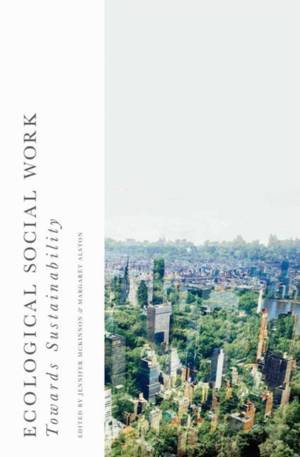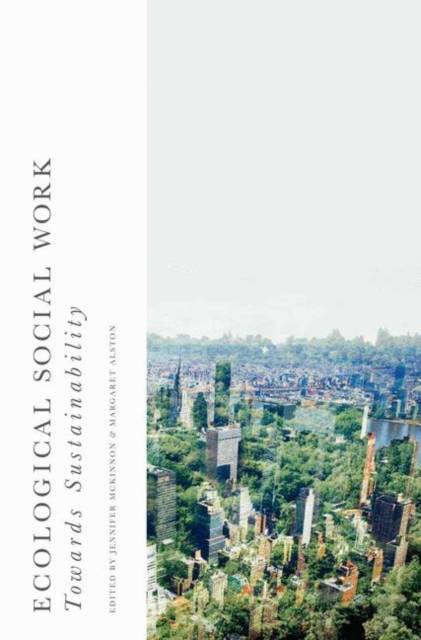
- Afhalen na 1 uur in een winkel met voorraad
- Gratis thuislevering in België vanaf € 30
- Ruim aanbod met 7 miljoen producten
- Afhalen na 1 uur in een winkel met voorraad
- Gratis thuislevering in België vanaf € 30
- Ruim aanbod met 7 miljoen producten
Zoeken
€ 88,45
+ 176 punten
Omschrijving
The world is on the brink of ecological crisis. In the last decade we have seen a number of catastrophic events that illustrate this, including the 2004 tsunami across the Pacific, which killed over 150,000 people, and Hurricane Katrina in the United States, which left thousands dead and millions displaced. As the frequency and scale of environmental disasters has increased, social workers have found themselves on the front line of crisis interventions, working to ensure that the basic needs of communities are met.
This evocative, highly thought-provoking book encourages social workers to incorporate an awareness of the physical environment into their work with individuals, groups and communities. Written by an international group of experts and led by two of the top names in the field, it offers an examination of key theoretical concepts combined with specific guidance on developing an ecological social work practice in a variety of situations - from daily life in urban communities to post-disaster sites - from areas across the globe.
A fresh new perspective on a topic that gains greater significance day by day, Ecological Social Work calls for practitioners to use their skills in speaking on behalf of the vulnerable to lend their voice to the physical environment: to bring forward the stories of those marginalised by environmental disaster in order to lead creative solutions to this most fundamental of crises.
This evocative, highly thought-provoking book encourages social workers to incorporate an awareness of the physical environment into their work with individuals, groups and communities. Written by an international group of experts and led by two of the top names in the field, it offers an examination of key theoretical concepts combined with specific guidance on developing an ecological social work practice in a variety of situations - from daily life in urban communities to post-disaster sites - from areas across the globe.
A fresh new perspective on a topic that gains greater significance day by day, Ecological Social Work calls for practitioners to use their skills in speaking on behalf of the vulnerable to lend their voice to the physical environment: to bring forward the stories of those marginalised by environmental disaster in order to lead creative solutions to this most fundamental of crises.
Specificaties
Betrokkenen
- Auteur(s):
- Uitgeverij:
Inhoud
- Aantal bladzijden:
- 248
- Taal:
- Engels
Eigenschappen
- Productcode (EAN):
- 9781137401359
- Verschijningsdatum:
- 10/06/2016
- Uitvoering:
- Paperback
- Formaat:
- Trade paperback (VS)
- Afmetingen:
- 158 mm x 237 mm
- Gewicht:
- 381 g

Alleen bij Standaard Boekhandel
+ 176 punten op je klantenkaart van Standaard Boekhandel
Beoordelingen
We publiceren alleen reviews die voldoen aan de voorwaarden voor reviews. Bekijk onze voorwaarden voor reviews.








